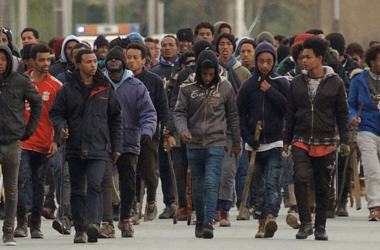Denmark will begin drafting young women into military service starting next year, fast-tracking a controversial plan originally slated for 2027.
The Danish government announced this week that all women turning 18 after July 2025 will be required to register for health screenings and potential conscription—bringing them under the same draft rules as men.
In a major shakeup of Denmark’s defense policy, the length of compulsory service will also jump from four months to eleven.
Defense Minister Troels Lund Poulsen said the decision was driven by both growing security concerns and a push for gender equality. “The current security climate demands that we bolster our military ranks,” Poulsen stated. “At the same time, this move sends a clear message about equal responsibility.”
Until now, Denmark’s draft applied only to men, selected through a lottery after health screenings. About 5,000 are expected to be conscripted this year. Starting in summer 2025, young Danish women will enter the same system.
However, the government’s push for “equal footing” between men and women is likely to hit a wall of public resistance. Past polling suggests many Danes oppose mandatory service altogether—a 2011 survey found two-thirds wanted conscription scrapped entirely, a sentiment expected to run even higher among younger generations today.
Denmark now joins Norway and Sweden as the third Nordic country to draft both men and women. Several other European nations, including Latvia, Poland, and Croatia, are also reviving or expanding conscription programs amid rising geopolitical tensions and dwindling numbers of military volunteers.
Analysts say Europe’s return to compulsory service isn’t just about security—it’s also about plugging recruitment gaps. A recent Gallup poll showed only 32% of EU citizens would be willing to defend their country in a war, a sharp contrast to higher rates in non-EU European countries.
Faced with that reality, many governments are betting on forced service—regardless of whether their citizens, particularly young people, are willing to fight.




